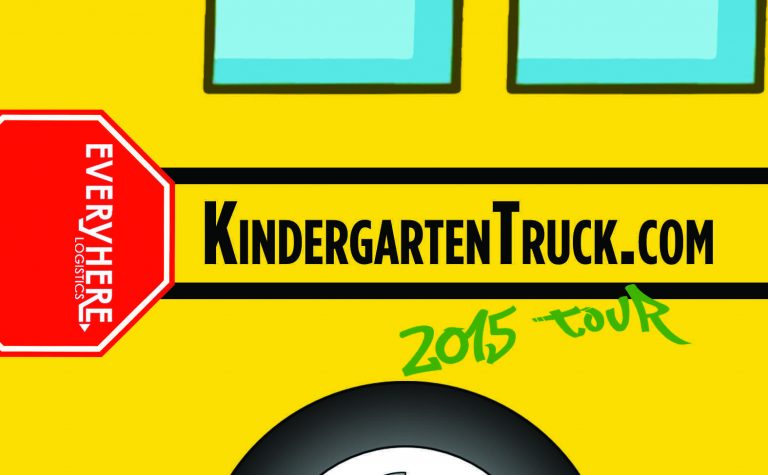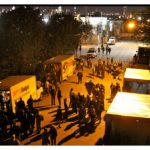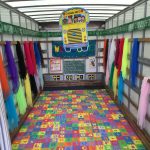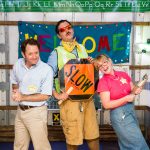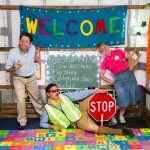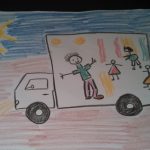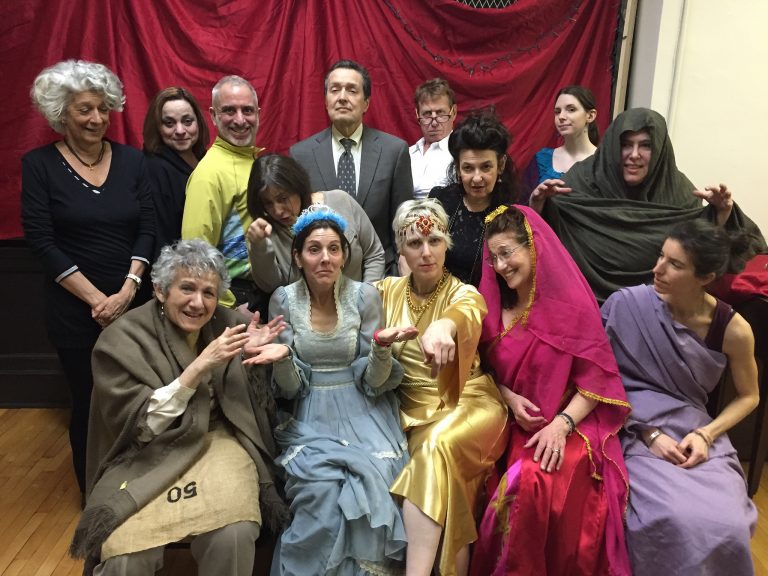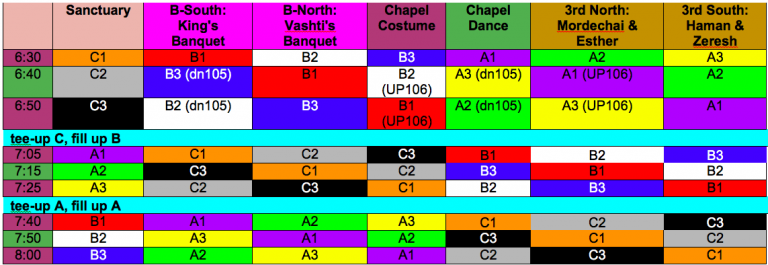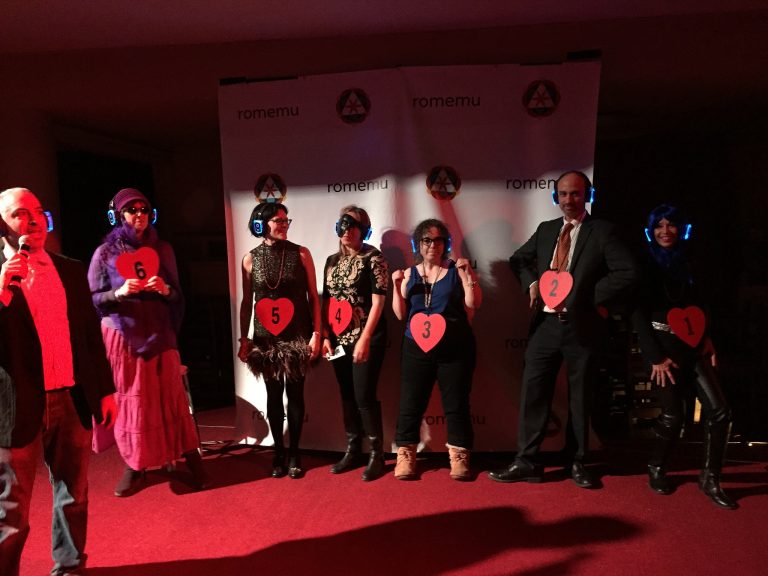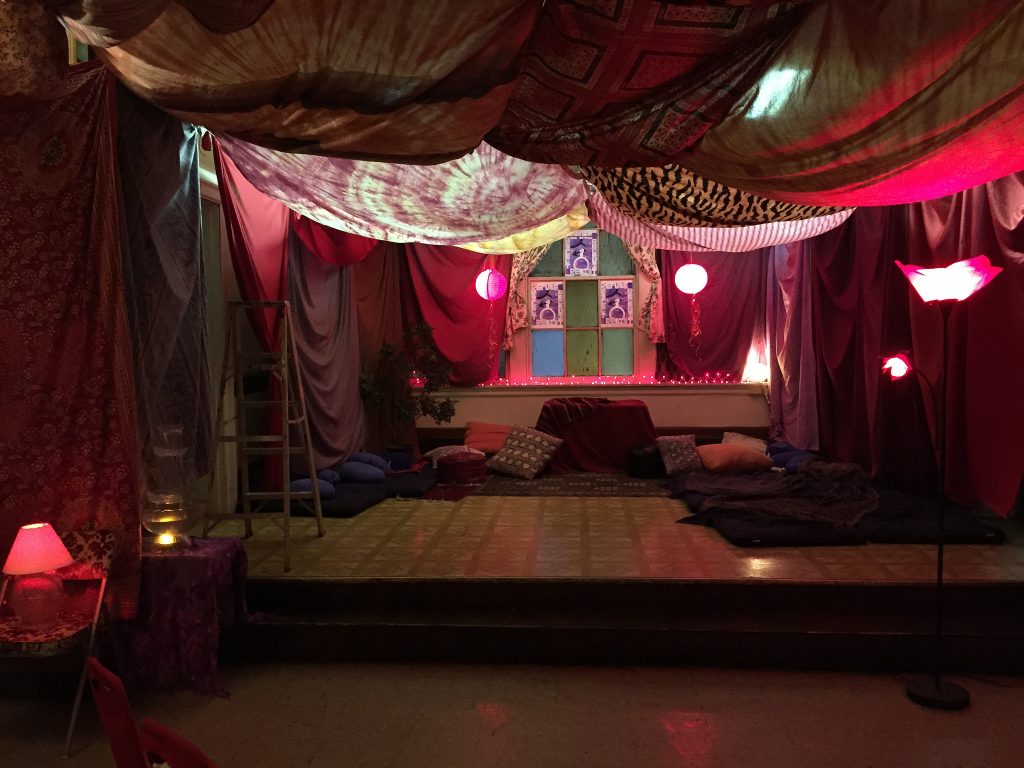In this workshop facilitated at the New York University Forum on Ethnodrama, participants devised an original ethnodrama about their own lives: an autoethnodrama. We surveyed a few ways to begin a reflective and creative process through structured storytelling, journaling, and physical improvisation exercises. This workshop was based on a sequence originally presented by Johnny Saldaña, but elaborated on it by integrating techniques drawn from drama therapy and other self-revelatory theatre traditions. By the end of the workshop, participants were able to create and perform a short composition while gaining a better understanding of the significance and effect of ethnodrama aesthetics. We also highlighted some best practices for the development and performance of autoethnodramas within a variety of different contexts.
Teaching physical theatre successfully relies on a reverence for the human soul in order to cultivate risk-forward embodiment while demanding technical precision. In an effort to illuminate such praxis, this article documents and analyzes the experiences of novice physical theatre performers guided by master teaching artist and performer, Dr. Nancy Smithner.
在戏剧教育与戏剧治疗之间的探索:国际途径
Excerpts from my 2015 Article “Between Drama Education and Drama Therapy: International Approaches to Successful Navigation” were translated into Chinese And Published for the 1st International Symposium of Creative Arts Education and Therapy in Beijing, China, May 6-8, 2016.
I chaired this panel featuring Lee Chasen, Marianne Chasen, Diane Feldman, and Sarah McMullian at the New York University Forum on Educational Theatre. My panelists had all implemented drama/theatre approaches in a range of educational settings–making connections across the curriculum and beyond–as well as prisons, heath settings, and community centers. I guide the panel and participants to highlight how the field of Drama Therapy/Educational Theatre has (or has not) changed since separating from The Program in Educational Theatre in 1982. To these ends, we were targeting participants who have worked or want to work in special settings and with challenging populations in order to wrestle with important ethical and technical questions about how and when to implement these strategies.
Each presenter delivered a narrative presentation about their work, demonstrated techniques, and guided group reflections including this Role on the Wall exercise about facing both the internal and external experience of mental illness.

In this article I reflect on the power, potential, and limits of teaching artistry based on existential philosophies of Maxine Greene and psychotherapy.
Teaching Artist Journal, 14(1), 24-29.
The ongoing professionalization of drama therapy in North America has been wrought from an interdisciplinary and intercultural crucible. In this chapter, my colleague Jason Butler and I update and synthesize disparate accounts of the field’s contentious genealogy amidst themes of solidarity, territorialism, incommensurability, marginalization, and validation. Building upon a metaphor of human development (Landy, 1996; Johnson, 1994), we cast the field as an adolescent with conflicting needs for both independence and affiliation as it forges a more cohesive identity and consensus of practice. Our narrative also integrates the international expansion of the North American Drama Therapy Association (NADTA), tracing its negotiation of social and emotional challenges alongside political, ethical, and legal concerns. Looking to the future, we illustrate the potential for North American drama therapy to mature further as it faces the next stage of development.
The Routledge International Handbook Of Drama Therapy (pp. 52-64). New York/London: Routledge.
Edited by Sue Jennings & Clive Holmwood
Kindergarten Truck
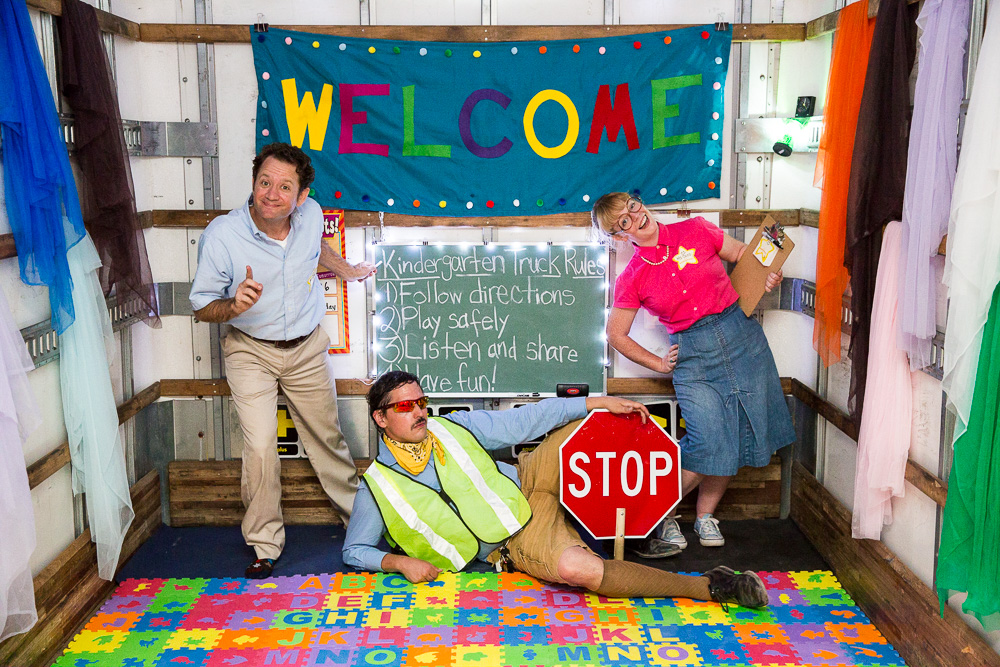
This article describes a workshop I presented at the 2013 congress of the International Drama/Education Association (IDEA) in Paris with Jason Butler and Clive Holmwood. Using the workshop experience as a backdrop, my colleagues and I discuss concepts within drama therapy that might serve to inform the use of emotion within education and other applied theatre spaces. The distinction between psychodrama and drama therapy is clarified and basic drama therapy concepts are explained. Contrary to the facilitators’ expectations, the workshop experience evoked several unifying questions and issues for participants: “How can we simultaneously address both ends of the emotional/expressive spectrum? How can I get my over-expressive students to settle down and participate so that I can attend to the less expressive students?” Questions of emotion regulation seemed to problematize classroom management concerns rather than galvanize discourse about boundaries between education and therapy. Through a dialogic exploration using forum theatre, the workshop participants engaged with their own relationship to the topics and explored potential solutions. The drama therapy concept of aesthetic distance was highlighted as a means to helping educational theatre practitioners navigate the potentially complex experiences when dealing with emotional involvement. This concept would allow for a clearer establishment of intrapersonal and interpersonal boundaries within the creation and exploration of theatre and drama. The article also calls for more substantial dialogues between applied drama/theatre professionals in order to more fully explore how to navigate the interstices between education and therapy.
with Butler, J. D. & Holmwood, C.
P-E-R-F-O-R-M-A-N-C-E, 2(1).







